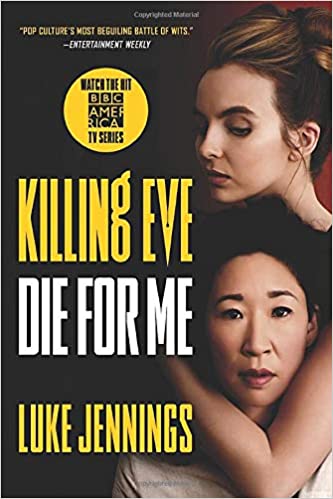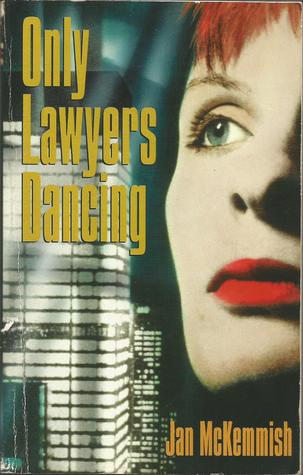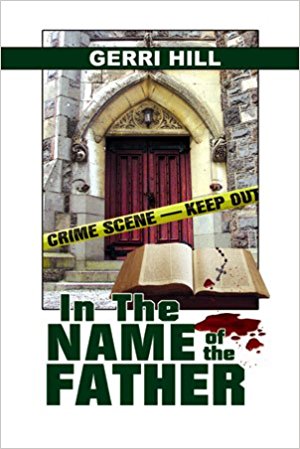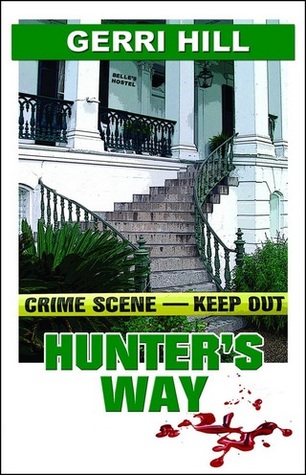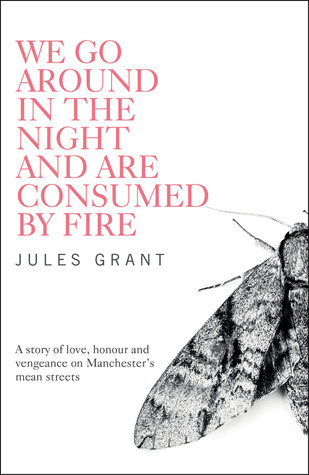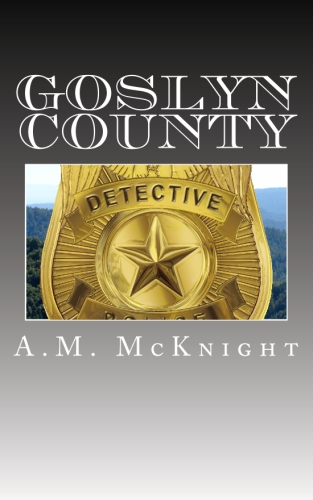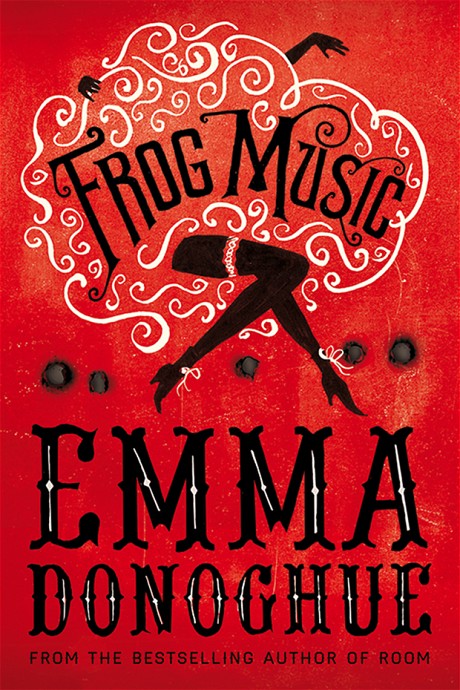SPOILER WARNING Trigger warning: emotional abuse, transphobia Being a Killing Eve mega-fan since season one began, it was only a matter of time before I got around to reading the books. I picked up Luke Jennings’ series at just the right time – only a couple of months before the release of the third andRead More
Danika reviews Stage Dreams by Melanie Gillman
I love Melanie Gillman’s art. The use pencil crayons, and the detail is incredible. I always spend half the time reading their books just admiring landscapes. In Stage Dreams, Grace is in a stage coach, on the run. The coach is being driven through an area that’s being haunted by the Ghost Hawk, a supernatural giantRead More
Megan Casey reviews Only Lawyers Dancing by Jan McKemmish
I’ve had to create a new shelf for this one called Lesbian Crime Fiction. There is a lot of crime in this book, and a couple of lesbians, but nobody actually solves a mystery or a puzzle. At least, I don’t think they do. The fact is that Only Lawyers Dancing is so literary that it’s oftenRead More
Susan reviews In The Name of The Father by Gerri Hill
In The Name of The Father by Gerri Hill is the sequel to her 2007 novel Hunter’s Way (which I reviewed here at the Lesbrary!), with Hunter’s newest case being investing the murder of a Catholic priest, complicated by publicity issues, homophobia, outside interference, and the attempts to bury any suggestion that the victim mayRead More
Susan reviews Hunter's Way by Gerri Hill
Hunter’s Way by Gerri Hill revolves around two homicide detectives: Tori Hunter and Samantha Kennedy. They are the classic opposites buddy-cop duo: Hunter is aggressive and antagonistic, burning through six partners in seven years but apparently being a good enough detective alone to make up for it. Samantha Kennedy is on the surface a muchRead More
Susan reviews We Go Around In The Night And Are Consumed By Fire by Jules Grant
We Go Around In The Night And Are Consumed by Fire by Jules Grant is wonderful. It revolves around a group of lesbian gangsters in Manchester, which is the perfect intersection of two of my interests and my hometown in ways that I didn’t even know I wanted. Donna and Carla lead the Bronte CloseRead More
Whitney D.R. reviews Goslyn County by AM McKnight
This was a labor, and not one particularly of love. I really wanted to read this because it was two black women, one a detective, the other an FBI agent–both lesbians– falling love as they solve a joint case. I love a good cops/FBI crime book and then to add older Black lesbians, which isRead More
Marthese reviews Frog Music by Emma Donoghue
Emma Donoghue is a phenomenal writer take is able to make you related to her narrative. So when I heard about a new book, I knew that I will someday buy it and read it especially one with such a nice cover! Frog Music is a historical fiction with some basis in reality as itRead More
